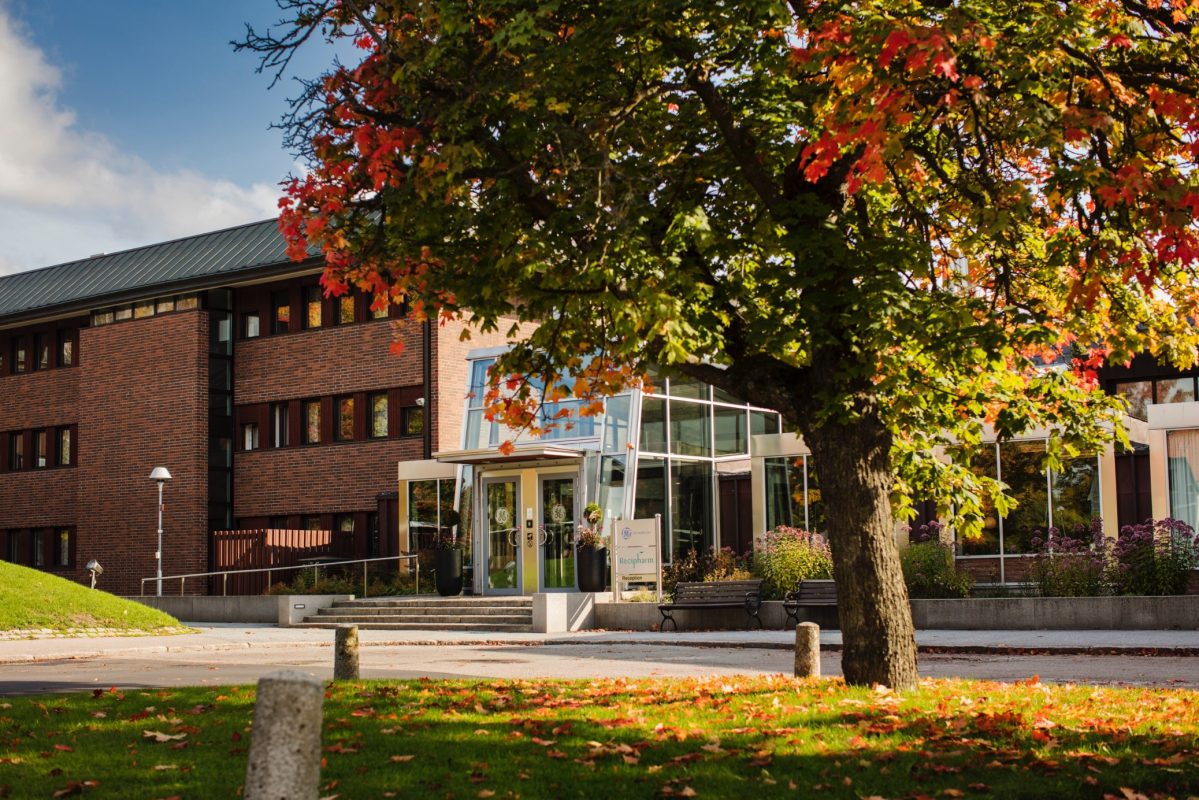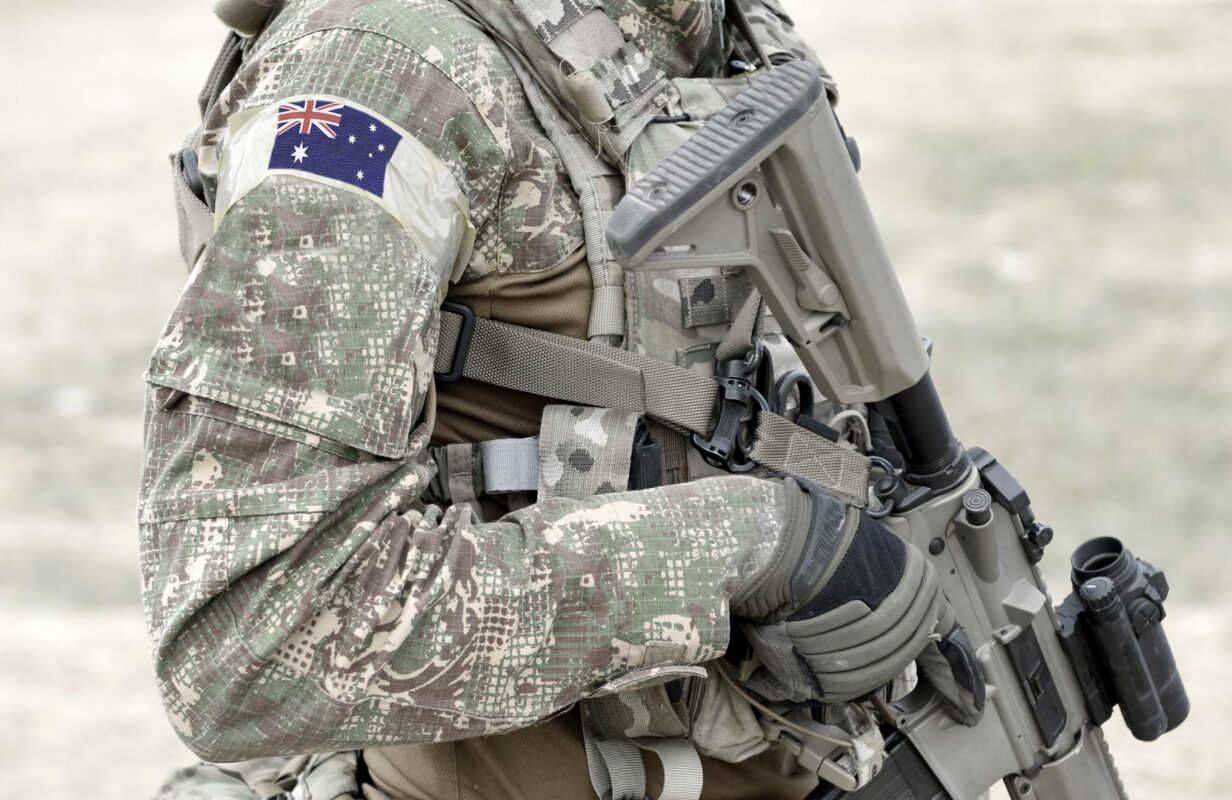Background: Cytiva’s biomanufacturing production is business-critical, with stringent requirements to safeguard delivery. Cytiva works with 4C to strengthen business resilience in many different ways, including inventory management and supply chain continuity. This makes it possible, in the event of a major incident, to continue to supply goods until normal production is resumed.
Challenge: Developing a robust program to guarantee production and delivery of critical medicines during periods of crisis or disruption.
Solution: A Business Continuity Management (BCM) system for all seven production facilities worldwide, leading to ISO 22301 certification.
Benefits: An innovative approach to business continuity covering strategic crisis management, BCM and the entire chain of resilience activities, to guarantee product delivery in emergency situations.
Customer: Formerly part of GE Healthcare Life Sciences, Cytiva is a global provider of technologies and services that advance and accelerate the development and manufacture of therapeutics.We met Niclas Johansson, Business Continuity Manager at Cytiva, and Nils Kjellgren at 4C Strategies to talk about their work in innovating business continuity management within the medical sector.
Hi Nils, we have been supporting Cytiva since 2014. Which part of the business do we support?
Nils: “Cytiva, is a company that focuses on developing and manufacturing equipment and other products used in biomanufacturing, including for example different monoclonal antibodies and insulin.”
“A failure to deliver to customers could eventually be disastrous for everyone who needs treatment.”
Nils: “For Cytiva, there are a number of production facilities that are business-critical, that is if something happens there, it can have a major negative impact on the company. Cytiva is a critical supplier to its customers, so if it stops, so does potentially also the customer; which could of course be disastrous for all those people who need medicine and treatment.”
Can you be more specific about what we actually do?
Nils: “In partnership with Cytiva, we have worked on developing, implementing and monitoring a Business Continuity Management System at seven different facilities throughout the world: two in the United States, three in Europe, one in Asia and one in Oceania.As production is critical for their customers, high requirements are imposed on how to safeguard delivery. Cytiva works in many different ways, both with inventory management, where prefabricated products are stored for different intervals depending on internal and external requirements, and with their suppliers when it comes to raw material supply. This makes it possible, in the event of a major incident, to continue to supply goods until normal production is resumed.
Of course, they also work to ensure that production can continue as normal if something happens at one of their facilities. If production is nevertheless disrupted, what do they do then? That’s an example of where we have supported Cytiva with their Business Continuity Management.
In this case, Business Continuity Management includes the entire chain of resilience activities, not only dealing immediately with the emergency but also strategic crisis management and then business continuity. In addition to this work, we are also proud to have helped them to become certified to ISO 22301, the international standard for Business Continuity Management.
Our main contact person in the assignment, Niclas Johansson, is based in Uppsala and is Business Continuity Manager for Cytiva.”
Niclas, what was it like to work with 4C Strategies?
Niclas: “It’s been excellent. Throughout the entire process, 4C Strategies have contributed with their expertise as well as with their flexible and innovative working methods.”
What have been 4C Strategies’ most important contributions?
Niclas: “Expertise, know-how and above all, they have taken responsibility and shown great commitment for the areas they have been driving during implementation. I would also like to mention their constant drive to achieve results.”
An important part of the assignment has been the ISO certification, what has this meant for you?
Niclas: “It confirms to our customers that we have processes in place so that we can manage well incident and crisis situations. It also shows that we can keep supplying our products continuously. We also have a dedicated organisation focusing on continuous supply (Security of Supply) that helps us to take a holistic perspective.”
We go back to Nils. How did the cooperation start?
Nils: “We were contacted back in 2014 to help GE Healthcare Life Sciences (now Cytiva) with a project in the United States, in which we carried out analyses and drafted a continuity plan for a facility. The work later continued with the development of a framework, that is an actual management system for continuity management. Together we have drafted the policy and manual which spells out what they should do and how it should be done and also set out the structure for how they should work with these issues at each facility.
In cooperation with Cytiva, we developed all the workshop material for how the facilities should collect all the data, we developed risk assessment templates, business continuity plan templates, we have conducted exercises, written crisis management plans and provided constant support during their business continuity management ISO certification process.”
When and how did the issue of ISO certification arise?
Nils: “They decided quite early on in our cooperation that they wanted to ISO-certify a number of facilities for their business continuity management. We set out a plan for how to proceed and then we have helped all the production facilities to successfully complete the ISO certification. The seventh and final facility successfully gained its certification in 2019. It’s one thing to do analyses, collect data and write a continuity plan, but then it comes to the actual ISO certifying of everything. That is a fairly difficult task.”
“This was a large-scale certification and as far as I am aware, there has never been a case like it in Sweden.”
Nils: “Cytiva was one of the first companies both in Sweden and in the biopharmaceutical industry to ISO-certify its continuity management. When it comes to Sweden, this ISO certification is not all that common, to be honest, we are a bit behind in the Nordics. This was a large-scale certification and as far as I am aware, there is no case like it in Sweden. There are other companies that have certified minor parts of their business, but certifying an entire organisation with seven facilities around the world is a completely different ballgame.”
What are the biggest challenges you have seen in this work?
Nils: “An ongoing challenge with continuity planning, which describe what to do if something goes wrong, many companies say “We have it in our heads, but there is no documented plan”.
Here, it has been just the opposite. Cytiva works with the pharmaceutical industry and they are used to meticulous and detailed checks and documentation. Everything is very closely controlled and there are strict traceability requirements – all the way back to the source of the raw material, which meant that the process was by no means unfamiliar to them.
The biggest challenge in this project has been understanding the various requirements of the different auditors when they visit a facility. Auditors have different views on continuity and can interpret the ISO standard in a variety of ways. Here, our experience has made the job of certifying the sites easier.”
Why do you think Cytiva chose to work with us?
Nils: 4C Strategies is in the forefront of our industry, so when a big customer comes to us, we have the resources needed to run a project for a long time with several parallel tracks. In total, around 10 people have been involved from our side, including risk, business continuity and crisis management experts. I have been coordinator and participated in the project since 2014.”
Can you tell us some more about your background?
Nils: “I have been an officer with the Swedish Armed Forces for 10 years. I am an economist and political scientist in my academic training, and have worked here at 4C for 12 years, so I have quite a broad background. In my younger days, I was in the Swedish Navy and a naval vessel is designed like a continuity plan, there is double or triple of everything. If you can’t steer the ship as normal, you go over to reserve routines and if they don’t work, you have yet another back-up method. So the idea of continuity has been with me ever since my time in the armed forces.”
What makes this particular assignment so exciting?
Nils: “First of all, the length of the project; we have cooperated for five years now and are continuing to do so. The trust Cytiva has put in us is also very exciting. We have often visited the sites without them being with us. And then it is a global assignment, which makes it interesting and complex in its own way.”
To wrap things up – Niclas, what advice would you like to give to a company facing a continuity project and ISO certification?
Niclas: “Support from management is important so that this will be prioritised within the organisation. The resource issue should also be considered. Have no illusions! This kind of work demands a great deal of time. In addition, an analysis should be performed to clearly identify the added value of a certification. From our perspective, we show customers that this is a very important area where we, as a company, do our utmost to be able to deliver our products.”Request a free demonstration of our Exonaut® software solutions for your risk, business continuity, crisis and exercise management needs.



